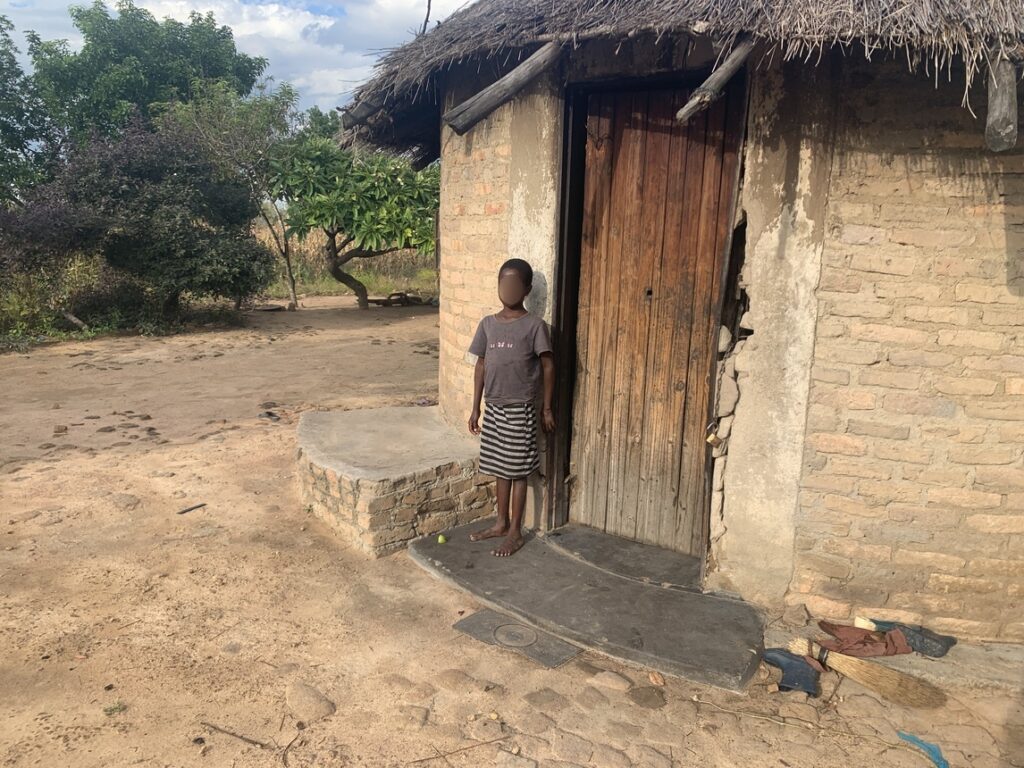"Overcoming barriers..." the social ills we want to address.
One in five people in Zimbabwe hold discriminatory remarks against HIV. This is happening in a country where a third of the orphan population has lost their parents to HIV/AIDS-related illnesses. In some instances, HIV/AIDS stigma and discrimination by extended family members usually leads to orphans becoming members of child-headed families, where one child or more becomes the head of the household. In such situations, they lack adequate access to their basic needs and they do not have anyone to support, care or love them. Additionally, this makes them, vulnerable to sexual and economic exploitation. At times when they are taken in by extended family members, there is a risk of abuse. The poverty experienced by some of these extended family members makes it impossible to provide for orphans under their care when they cannot even provide for themselves. Therefore accessing basic education; food and nutrition, decent shelter; and health become an issue. These are the social ills mukundi is trying to address.

The statistics
Why mukundi?
The name mukundi is derived from a Shona word of Bantu origin which means one who overcomes challenges. We perceive our beneficiaries as resilient individuals who are capable of overcoming challenges. We believe our beneficiaries are not at all limited and they are capable of being independent and having a self-determined future where they might/will face problems but manage to overcome them because they are “mukundi”. Our idea of orphan care is holistic and sustainable, in that the focus is not only on providing immediate needs but also on the future of the individual. This will be guided by the following interlinked pillars i.e. health and wellness; exploration; enhanced competencies; integration and self-actualisation. We believe that, in an environment where these pillars form the foundation of all our interventions, our beneficiaries can develop skills/mindsets that can help them navigate real-life complexities.
